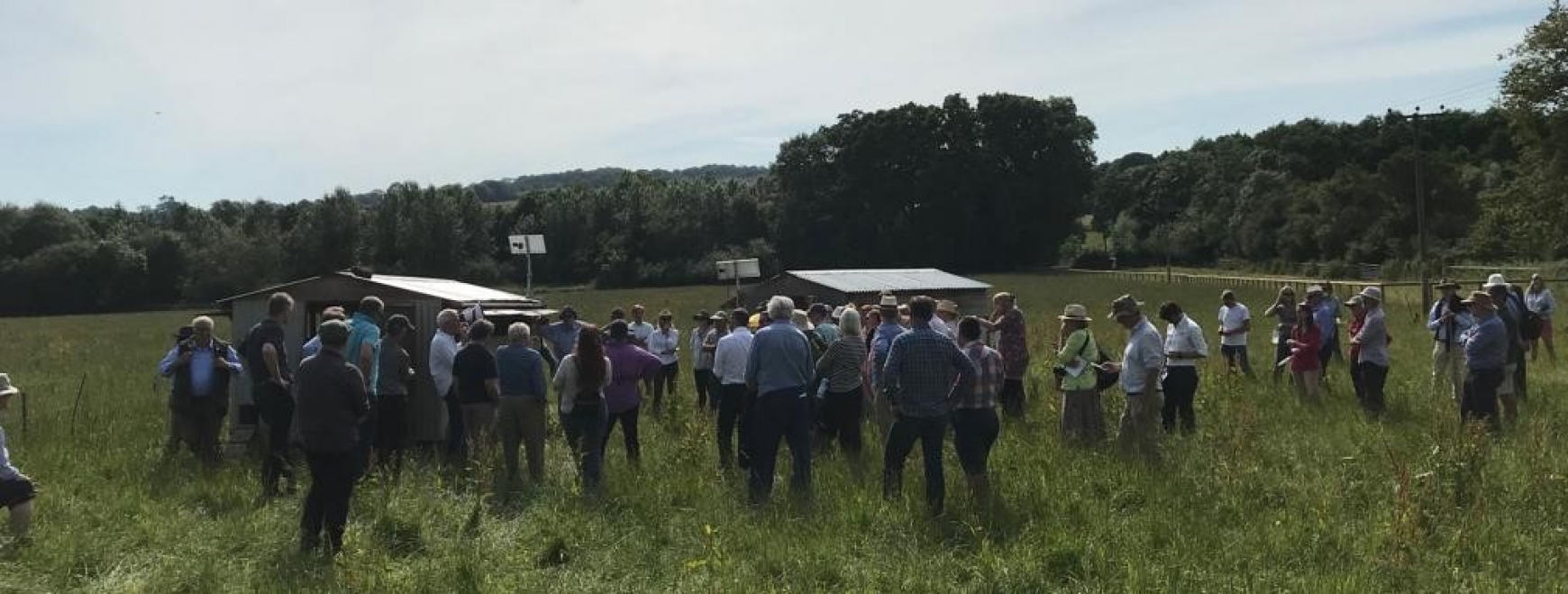Farmers and growers will be looking to quantify their current carbon emissions and identify areas of improvement in response to the NFU's goal of net zero carbon emissions by 2040 and the Committee on Climate Change announcement of net zero carbon emissions by 2050.
Although currently there are no incentives for reducing carbon, we expect that this is likely to change in the near future, if ‘net zero’ is to be realistically achieved.
One tonne of CO2 at atmospheric temperature and pressure takes up about 550 cubic metres, which is nice to visualise, but this doesn’t really mean a great deal to you or me. As carbon emissions come to the forefront of our collective efforts, the amount that we emit should mean more to us. Here are some handy figures to help you understand what 1 tonne of CO2 equates to:
- 2,475 miles driven in an average car
- A 4-hour flight on a passenger plane
- 10 months of electricity use in an average UK household
- The yearly sequestration from planting 1.4 acres of trees
As pressure is put on to meet our emissions targets, it may be that the carbon emissions of everyday items and activities will be as visible, and important, to us as the financial cost is in pounds and pence.
In order to achieve net zero across agriculture, other areas need to be ‘carbon sinks’ to make up for the unavoidable emissions such as those created by ruminants, which are responsible for 32% of on-farm carbon emissions. Clearly, this is very difficult to overcome, and although improvements can be made in order to reduce this, it is unlikely that beef farms will be carbon neutral by themselves while continuing to be productive enough to meet demand. A much easier area to tackle is the carbon associated with nitrogen emissions which accounts for 38% of global on-farm carbon emissions and land management practices can actually increase carbon sequestration resulting in a net benefit as far as carbon emissions are concerned.
NFU Energy offers an inclusive and comprehensive carbon footprinting service, based on the most recent and relevant research available and site-specific parameters, and quantify the potential carbon emission reductions on your farm. If you would like to find out more, please give me a call on 024 7669 6512.


